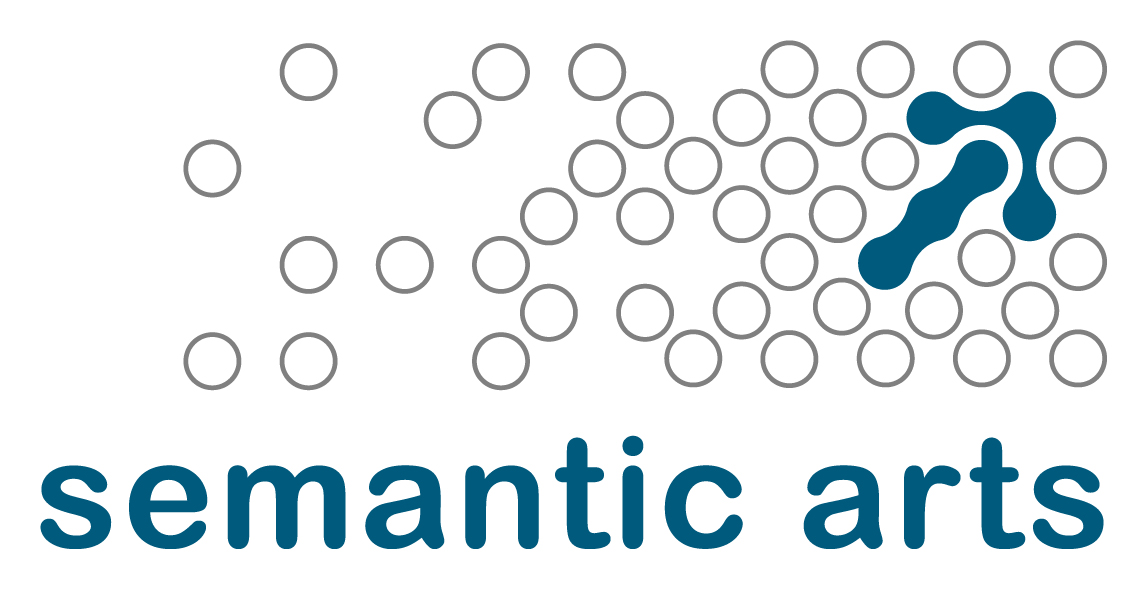Those of us in the complex sale sector need to be aware that volume operations from adjacent marketplaces will soon enter ours.
The December 2005 issue of the Harvard Business Review has excellent articles by two of my favorite business authors, Geoffrey Moore (“Strategy and Your Stronger Hand“) and Clayton Christiansen (“Marketing Malpractice: The Cause and the Cure,” which is applicable as we start looking at commercializing Semantic Technology).
Moore’s article has many fresh insights; chief among them is that companies have a dominant business model. The model does not depend on the industry they are in, nor their age or size. He likens this to our dominant “handed-ness” and as the editor pointed out on the editorial page, “It’s easier to convert a shortstop into an outfielder than it is to change a southpaw into a righty.”
Some firms’ dominant model is “volume operations” and for others it is “complex systems.” The first relies on many customers, brands, advertising, channels and compelling offers. The latter relies on targeted customers and the integration of third party products into total solutions. For each the grass often looks greener in the other model, but almost no business succeeds when they attempt to change models.
The rhythm of most high tech sectors is that the complex sale companies forge new territories and solve unique customer problems. The volume companies come in later and try to commoditize the solution. To survive, the complex sale companies need to do two things simultaneously: defend, for as long as possible, the position they have already won, and move up the solution chain and incorporate the newly commoditized components into an even more interesting solution.
The one thing they need to avoid is trying to convert their own early wins into volume opportunities. What does this have to do with semantics? We are just beginning the commercial roll out of this technology. We will have all the fits and starts of any new high tech sector. We have an opportunity to be a bit more self aware.
Those of us in the complex sale sector need to be aware that volume operations from adjacent marketplaces will soon enter ours. We need to be continually vigilant about incorporating rather than competing, and moving on up the solution chain. Consumers of this technology have the opposite challenge: how to recognize which aspects of their problems require “complex” solutions and which aspects are ripe to be solved with “volume” solutions.



